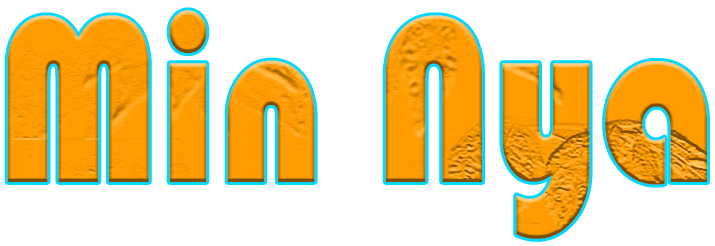Choosing the best platform for blogging depends on your goals, technical expertise, budget, and the type of content you want to create. Here’s a breakdown of some of the top blogging platforms and their features:
1. WordPress.org
Best For: Advanced users, professional bloggers, and businesses.
Key Features:
Full control over your site.
Extensive customization with thousands of plugins and themes.
SEO-friendly.
Monetization options (ads, affiliate marketing, etc.).
Pros: Highly flexible, scalable, and powerful.
Cons: Requires a hosting provider and some technical knowledge to set up and maintain.
2. WordPress.com
Best For: Beginners and casual bloggers.
Key Features:
Hosted solution (no need for external hosting).
Free and paid plans available.
Easy to use with a range of themes.
Pros: Quick setup, beginner-friendly, and no maintenance required.
Cons: Limited customization and monetization on free plans.
3. Medium
Best For: Writers focused on content rather than design or monetization.
Key Features:
Built-in audience.
Simple, clean design.
Content promotion through Medium’s algorithms.
Pros: No setup required, ideal for storytelling and thought leadership.
Cons: Limited control over branding and monetization.
4. Wix
Best For: Beginners and small business owners.
Key Features:
Drag-and-drop website builder.
Integrated blogging tools.
Built-in hosting and templates.
Pros: Intuitive design, good for visually appealing sites.
Cons: Limited scalability and fewer advanced blogging features.
5. Squarespace
Best For: Creative professionals and small business owners.
Key Features:
Beautiful, professionally designed templates.
All-in-one platform with hosting and built-in tools.
E-commerce integration.
Pros: Visually stunning and easy to use.
Cons: More expensive, fewer customization options compared to WordPress.

